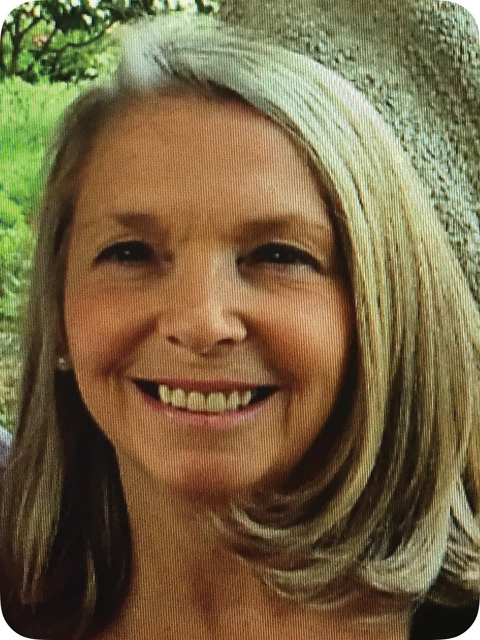
The CARE Practice
The CARE Practice
116 Defense Highway
Suite #210
Annapolis, MD 21401
410-266-0019

More Mental Health Articles
Facing Cancer: The Emotional Journey

A cancer diagnosis changes everything in an instant. The word alone can stir emotions of fear, disbelief, anger, and sadness. For patients and their families, it is more than a medical condition—it is a crisis that touches every part of life, from daily routines to the deepest sense of identity and hope.
Just as with other life-altering events, the human mind tries to make sense of the diagnosis. We may ask “Why me?” or “What did I do wrong?” These questions rarely have satisfying answers, yet they are part of the natural struggle to regain some sense of control. In the meantime, emotions may shift from shock to determination, from despair to resilience—sometimes all within the same day.
Loved ones, too, carry the weight of uncertainty. Watching someone you care about face cancer can bring feelings of helplessness. Not knowing what to say or how to offer support can be as painful as the diagnosis itself. Some people withdraw, not out of lack of caring, but because they are afraid of saying or doing the wrong thing. Others may overcompensate, trying to “fix” what cannot be fixed. Both reactions are normal responses to the stress of crisis.
Unfortunately, unhealthy coping strategies—such as denial, isolation, or reliance on alcohol and substances—can deepen distress rather than bring relief. Healthier approaches often begin with something simple: allowing yourself to talk, listen, and connect. Sharing fears, frustrations, and small victories with others who understand can make the journey less overwhelming.
Psychological counseling provides a safe space to process the complicated emotions that accompany cancer. Counseling does not erase fear or sadness, but it helps people recognize patterns of thinking and behavior that may either block or strengthen resilience. It offers tools for communication, stress management, and emotional regulation—skills that can improve quality of life even when circumstances feel uncertain.
It is important to remember that while no one chooses cancer, each person can choose how to respond emotionally. Hope can coexist with fear. Gratitude can live beside grief. Meaningful moments—a conversation, a laugh, or even the comfort of silence—can shine through the darkness.
We cannot always change the diagnosis, but we can learn to care for the emotional self alongside the physical body. In doing so, we remind ourselves and each other that healing is not only medical—it is also deeply human.
Other Articles You May Find of Interest...
- Realistic Self-Care Rituals During the Grieving Process
- Emotional Eating: Understanding the Psychological Triggers and How to Manage Them
- How Wellness Entrepreneurs Are Using Technology to Drive Mental Health Awareness
- Mind-Body Interaction: How Stress Affects Immunity and Long-Term Health
- Decoding the CVP Waveform: What It Reveals About Your Health
- Navigating the Process: How to Obtain a Prescription for Xanax?
- Amitriptyline Benefits: Discover How This Medication Can Help You














